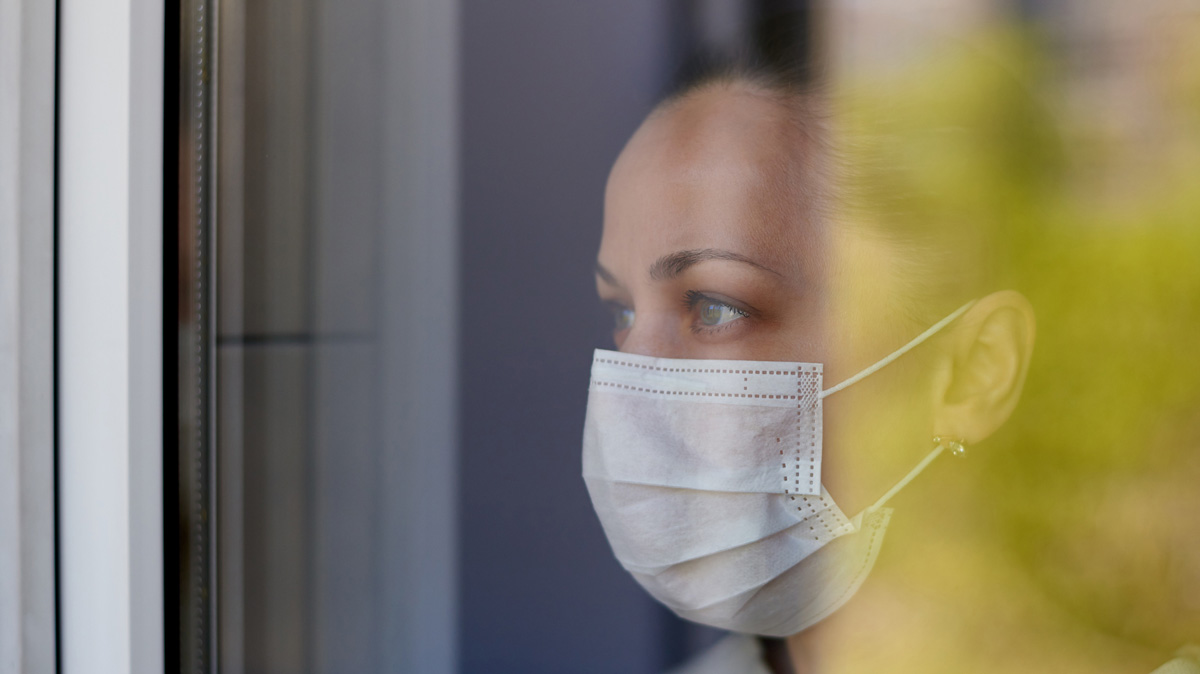UK funds 'long COVID' research drive as restrictions ease

The UK government has provided almost £20 million ($27 million) in funding for 15 research projects aiming to look into the causes of long COVID, improve diagnosis and find new treatments for the condition.
Long COVID is the term used to describe people who still suffer from fatigue and other symptoms like breathlessness and muscle aches weeks or months after the viral infection has resolved.
The funding will be spread across a wide range of areas, with some projects focusing on the delivery of care for people with long COVID – who number almost 1 million, according to data on patient self-reporting compiled by the Office for National Statistics (ONS).
Others are looking at possible treatments, including common medicines like aspirin and antihistamines, or zeroing in on particular symptoms such as breathlessness, reduced ability to exercise, and "brain fog."
The announcement came just ahead of the UK's "Freedom Day", on which the majority of COVID-19 lockdown restrictions have been relaxed – a move that has been hailed and criticised in almost equal measure, depending on one's point of view.
Boris Johnson's government has stuck with its proposed timeframe of 19 July for the easing of almost all restrictions, banking on the take-up of vaccines among the population to prevent a surge in cases.
From today, there will be no limits on indoor gathering, the 1m social distancing rule is removed, and face masks become mostly voluntary.
The decision has been hailed by sectors such as the long-suffering entertainment and travel industries as a necessary move to revitalise the economy. But some scientists argue it is happening too soon, given that only around two-thirds of UK adults – and just over half the entire population including the under 18s – are fully vaccinated.
The UK has just announced plans to extend COVID-19 vaccination too under 18s who are vulnerable to the virus or live with a vulnerable individual, and earlier this month said it may roll out an autumn booster campaign to the over-50s to try to keep immunity levels as high as possible ahead of the winter.
Nevertheless, some scientists fear that the relaxation of lockdown rules could see cases escalate to 100,000 per day – currently it has reached 50,000 – and the consequence of that could be "hundreds of thousands" of long COVID cases that could place an unsustainable strain on the NHS.
Others meanwhile say that a surge will happen whenever restrictions are lifted, and it may be preferable to do so early with individual immunity from the vaccination programme still high and cutting hospitalisation risks, rather than waiting months during which it might wane.
There were 316,691 COVID-19 cases reported over the last seven days, up around 43% from the previous week.
"Long COVID can have serious and debilitating long term effects for thousands of people across the UK which can make daily life extremely challenging," said Health Secretary Sajid Javid.
"This new research is absolutely essential to improve diagnosis and treatments and will be life-changing for those who are battling long-term symptoms of the virus," he continued, adding that it would build on earlier commitments of £100 million for providing care for people with the condition and £50 million for research projects aiming to understand it better.












